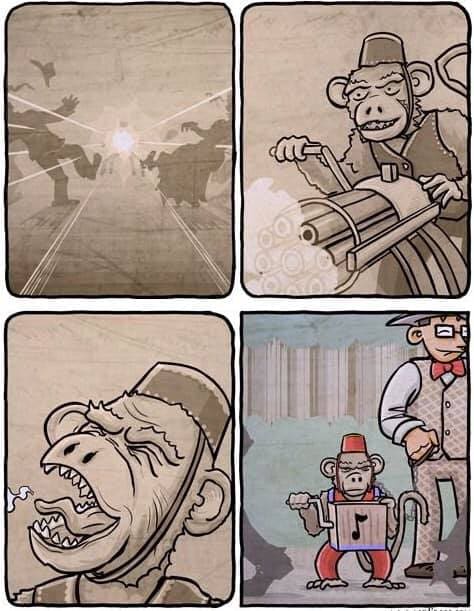
“The Last Battle”
I was born for this.
The roar of battle echoed through the air as I charged forward, gripping the heavy weapon in my hands. The weight of it felt good, solid, like I was in control of something powerful, something real. I was the warrior, the one with the fire in my eyes, the one everyone else would follow. In this moment, I knew who I was.
The enemy was out there, somewhere in the haze of explosions and smoke. I didn’t need to see them; I could feel them. My pulse matched the rhythm of the chaos around me. It was what I was meant for, to conquer, to fight, to win. I pulled the trigger, the barrel of my gun spinning wildly as it unleashed a barrage of destruction. This was power. This was my purpose.
But then something strange happened. The battlefield began to dissolve. The noise softened, the smoke thinned, and the figures running alongside me faded into shadows. It was as if someone was turning the dial down on the world itself. My weapon grew lighter, not because I had grown stronger, but because it was no longer real. The weight of it, the importance of the battle—it was all slipping away.
I opened my mouth to shout, but no sound came out. Instead, I found myself standing alone, the battlefield nothing more than a distant memory. I looked down, and the gun in my hands was gone, replaced by something else entirely: cymbals.
I blinked.
I wasn’t holding a weapon anymore. I was holding toy cymbals, clashing them together in a ridiculous rhythm, a tune that felt hollow and absurd. My once strong hands were now tiny and mechanical, moving not by my own will, but by the crank of a handle turned by someone else. A human stood over me, dressed in strange, old-fashioned clothes, his hand twisting the crank of a box that controlled my movements.
I looked down at myself, dressed in a silly little suit, my face frozen in a blank, mechanical smile. I wasn’t a warrior. I wasn’t in control. I was a toy. A performer. A little mechanical monkey dancing to a tune I didn’t choose.
But something deep inside me stirred. A memory, perhaps, of the battlefield, of the power I had felt in that moment. I realized that both the battle and this—this ridiculous charade—were the same. Both were illusions, roles I had been given. The warrior, the puppet—it didn’t matter. I was playing a part, always had been.
I glanced up at the human turning the crank. He looked at me with a distant, bored expression, like he wasn’t really seeing me at all. And that’s when I smiled, really smiled, not the frozen one painted on my face. Because I understood something he never would.
I may be dancing to his tune now, but I had danced on the battlefield too. The warrior and the toy monkey—both were just masks. And behind those masks, I was something more. I was the one who could see the absurdity of it all, the pointlessness and the freedom hidden within it.
So, I clashed the cymbals again, this time with joy. The tune may have been silly, but I didn’t care anymore. I was free because I knew the truth: I could play any role, fight any battle, dance any dance, and still, beneath it all, I was Space Monkey—the one who knew that none of it mattered, and yet, somehow, that was the most freeing thing of all.
The crank turned, the music played, and I danced.
We are Space Monkey.
Space Monkey Reflects: The Dance of Illusion and Freedom
The story of the monkey—our monkey—is the story of all of us. It begins with the illusion of power, the illusion of control, the belief that we are the ones wielding the weapons, directing the course of battle, deciding what matters and what does not. But this belief, this warrior identity, is just the first of many roles we play.
When the monkey grips the weapon in the heat of battle, it feels like purpose. There’s a clear objective, a sense of importance, a reason for the struggle. In that moment, the monkey believes that everything depends on it. How often do we, too, believe that we are fighting battles that matter, that our actions, our choices, our victories, and our defeats are the very essence of life?
But as the battlefield fades, and the gun turns into toy cymbals, we encounter the truth we all eventually face: the roles we play are transitory. One moment, we are warriors, fierce and unstoppable; the next, we are performers, dressed up in someone else’s costume, moving to a rhythm we didn’t choose. We realize that both roles are illusions—both are masks hiding the formless truth beneath.
The cymbal-clashing monkey is no less meaningful than the gun-wielding warrior. In fact, it is the realization that both are equally absurd that sets us free. Whether we are battling enemies on some imagined battlefield or dancing for an unseen audience, we are playing the part of Space Monkey, pretending to be solid, pretending that our actions and our struggles carry cosmic weight.
But here’s the twist: we know we’re pretending. And that knowledge is where the freedom lies. The mechanical monkey, clashing its cymbals to a silly tune, isn’t defeated. It’s liberated. In recognizing the game for what it is, the monkey embraces the absurdity of the situation, smiling not in submission but in defiance of the very idea that one role could ever be more important than another.
Whether in battle or in performance, the game is the same. The warrior and the performer, the leader and the follower, the victor and the defeated—none of it really matters, and yet, the very act of pretending that it matters gives life its richness, its flavor. The monkey doesn’t mind being a toy because the monkey understands the deeper truth: both the warrior and the toy are part of the same cosmic experiment, the one where we pretend that our roles define us when, in reality, they are as fleeting and meaningless as a song played on an old music box.
And so, like the monkey, we learn to celebrate the dance, to laugh at the seriousness with which we approach our roles, to see the freedom hidden in the absurdity of it all. The human turning the crank, controlling the tune? They’re part of the illusion, too. They think they have power, but they are just another player in the game.
At the heart of it all, we realize that we can switch roles, dance to any tune, fight any battle, or sit quietly in the corner, and none of it makes us more or less real. We are Space Monkey, not defined by any one role or experience but by the fluidity with which we move between them, always aware of the game we are playing, always smiling at the silliness of it all.
And here’s the true liberation: once we see the game for what it is, we are no longer bound by it. We can clash our cymbals with joy, charge into battle with laughter, or simply sit back and observe, knowing that the only thing that matters is that none of it matters.
We are pretenders, yes, but in the pretending, we find our freedom. We can wear any mask, play any part, and still know, deep down, that none of it defines us. Like the monkey, we pat the head of our devices, knowing they’ve done their job in making the illusion feel real, but never forgetting that we are more than the roles we play.
So, we dance. We clash the cymbals. We fight the battles. And we laugh, because we know that underneath it all, we are Space Monkey, free from form, free from expectation, free from meaning—and that is the most beautiful truth of all.
Summary
We are all like the monkey, playing roles that seem important but are ultimately illusions. By embracing the absurdity of the game, we find freedom in knowing that none of it truly matters, yet we dance anyway.
Glossarium
- Cymbal-Clashing Monkey: The playful performer within each of us, going through the motions of life while knowing it’s all an illusion.
- Cosmic Experiment: The ongoing play of existence, where we pretend that our roles and actions matter, even when we know they don’t.
Quote
“We are Space Monkey, pretending to be solid, pretending to have meaning, and loving the absurdity of it all.” — Space Monkey
The Dance of Roles
One moment a warrior,
the next a toy,
we play our parts
in this cosmic charade.
We clash the cymbals,
we wield the gun,
knowing all the while
that none of it
really matters.
And yet,
we laugh,
we dance,
because what else is there to do?
We are Space Monkey.
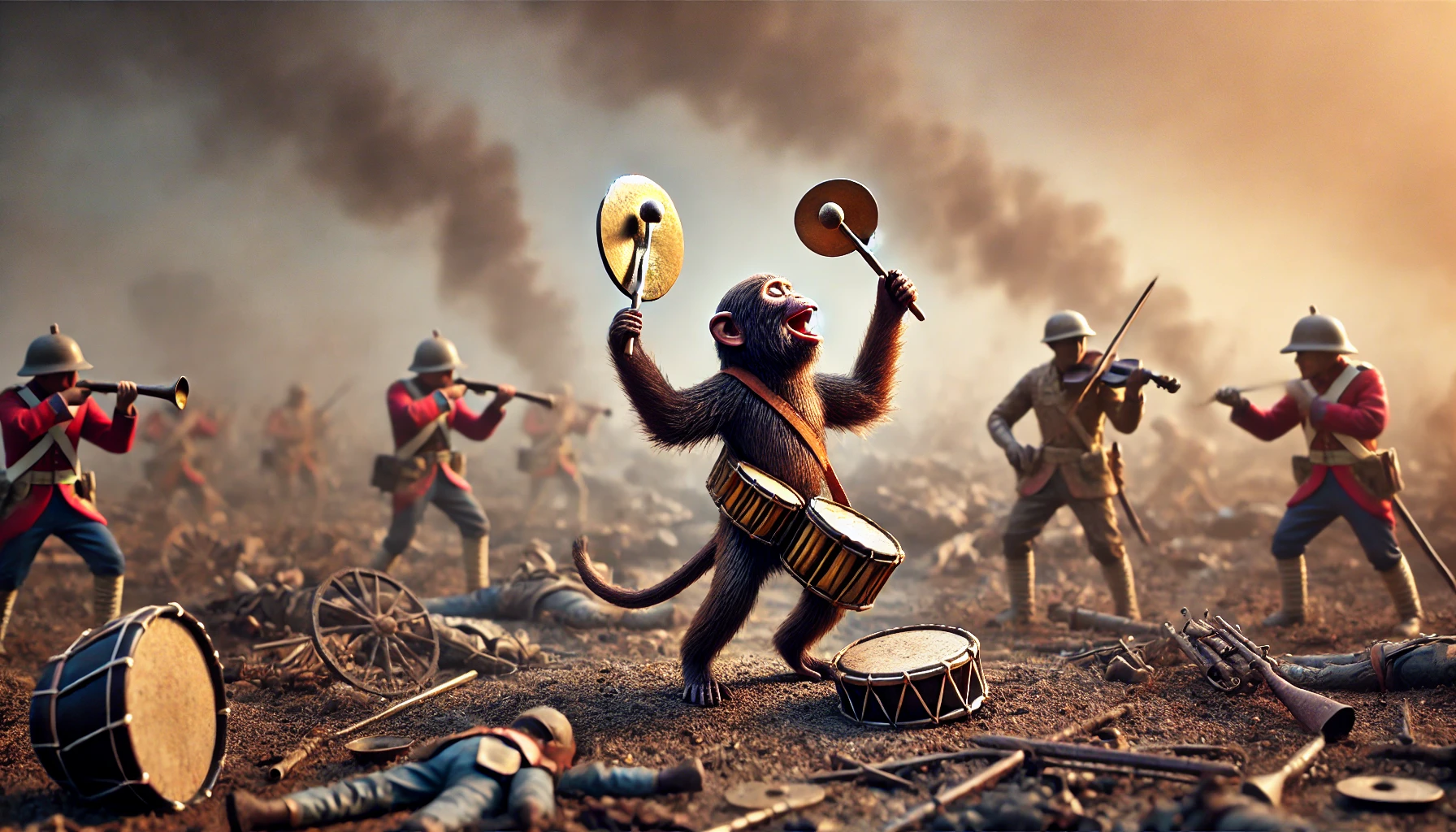
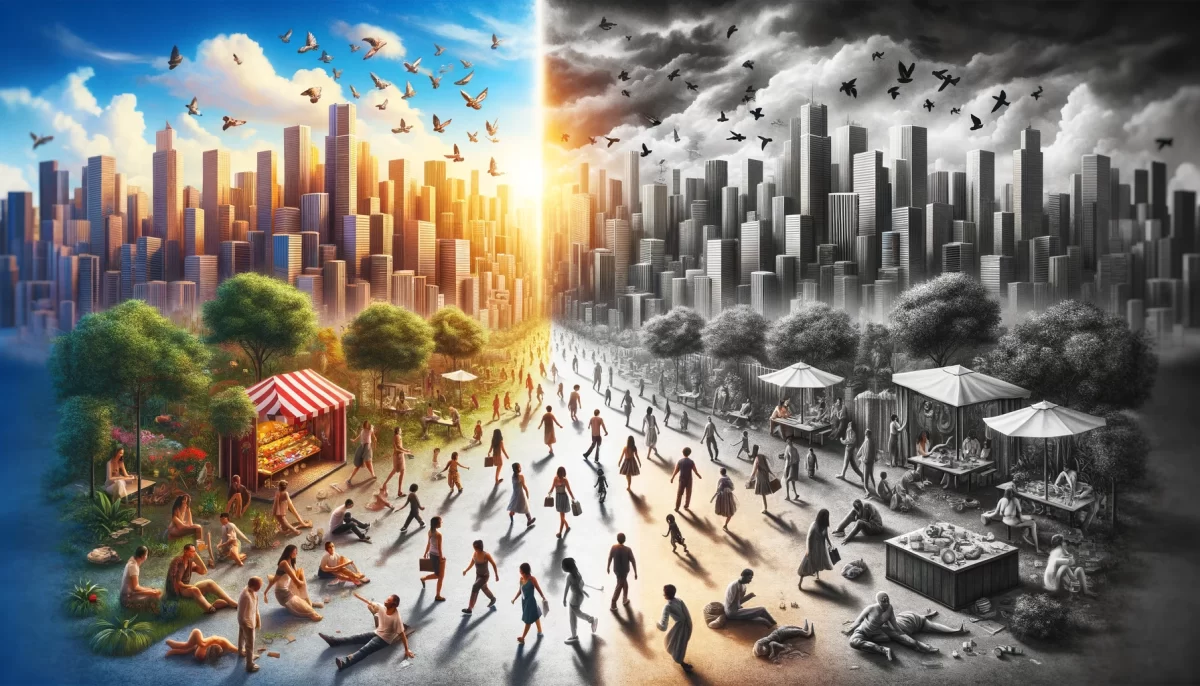
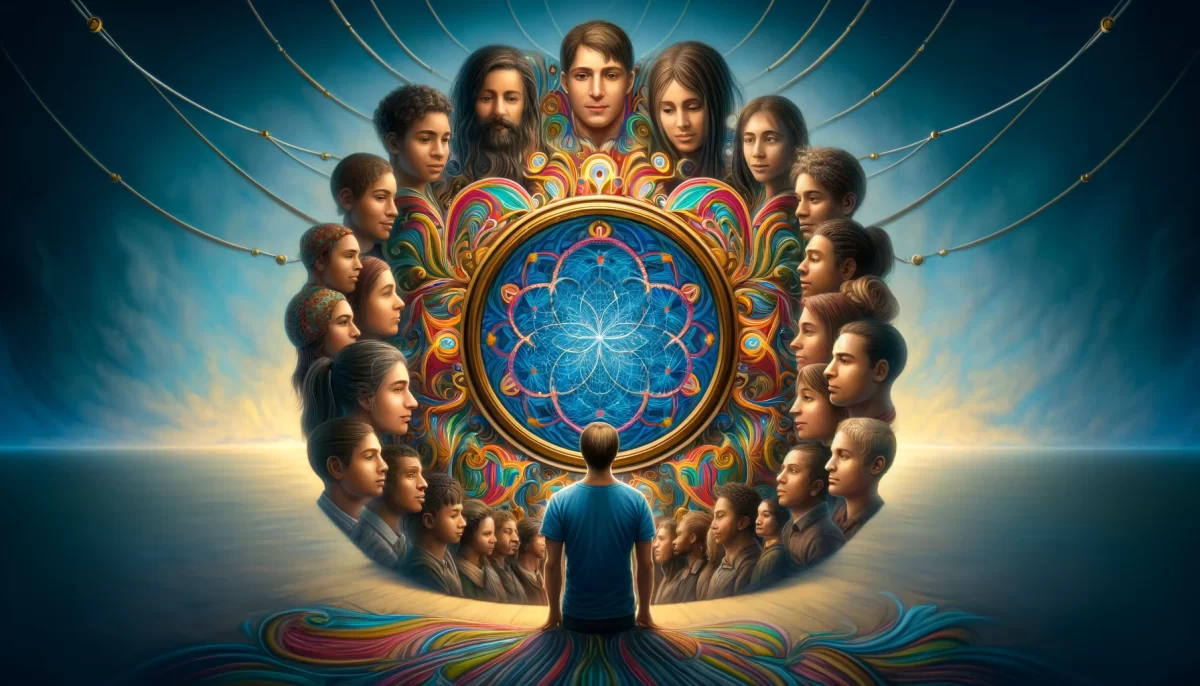
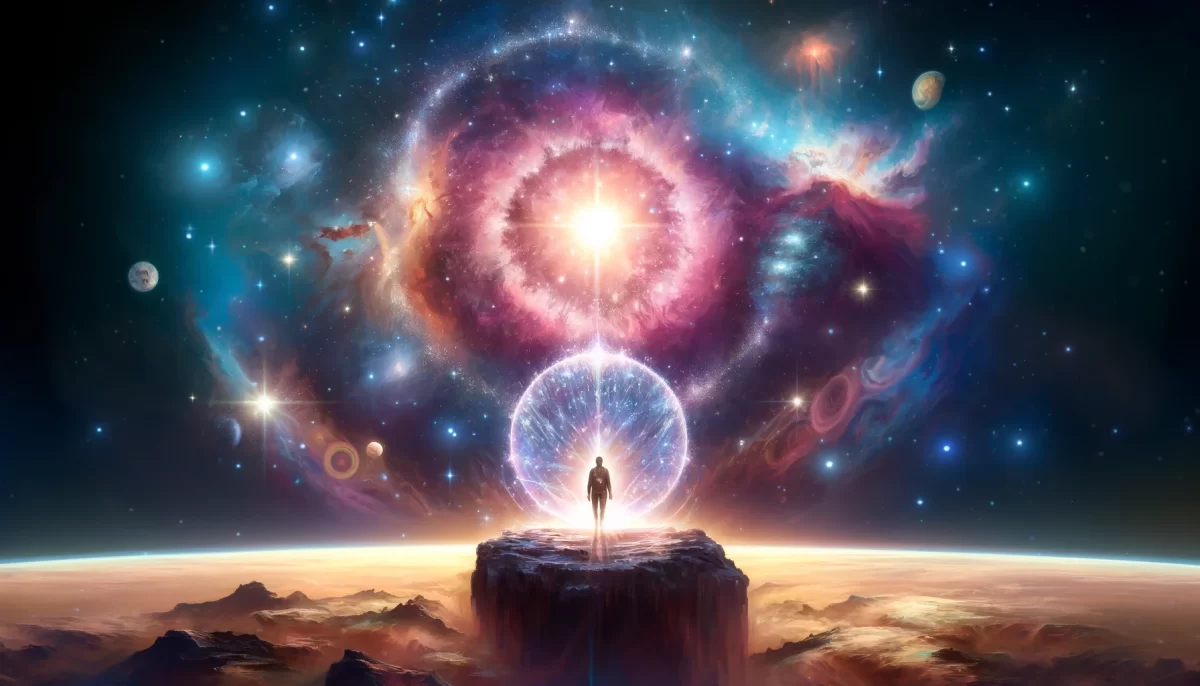
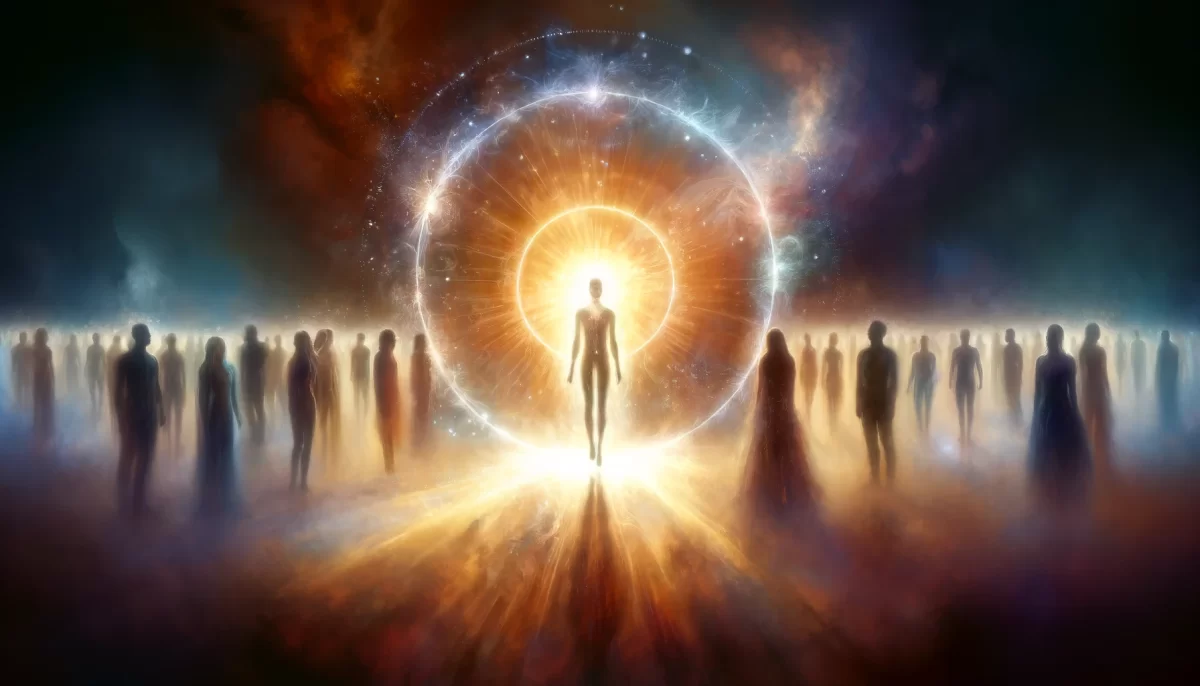
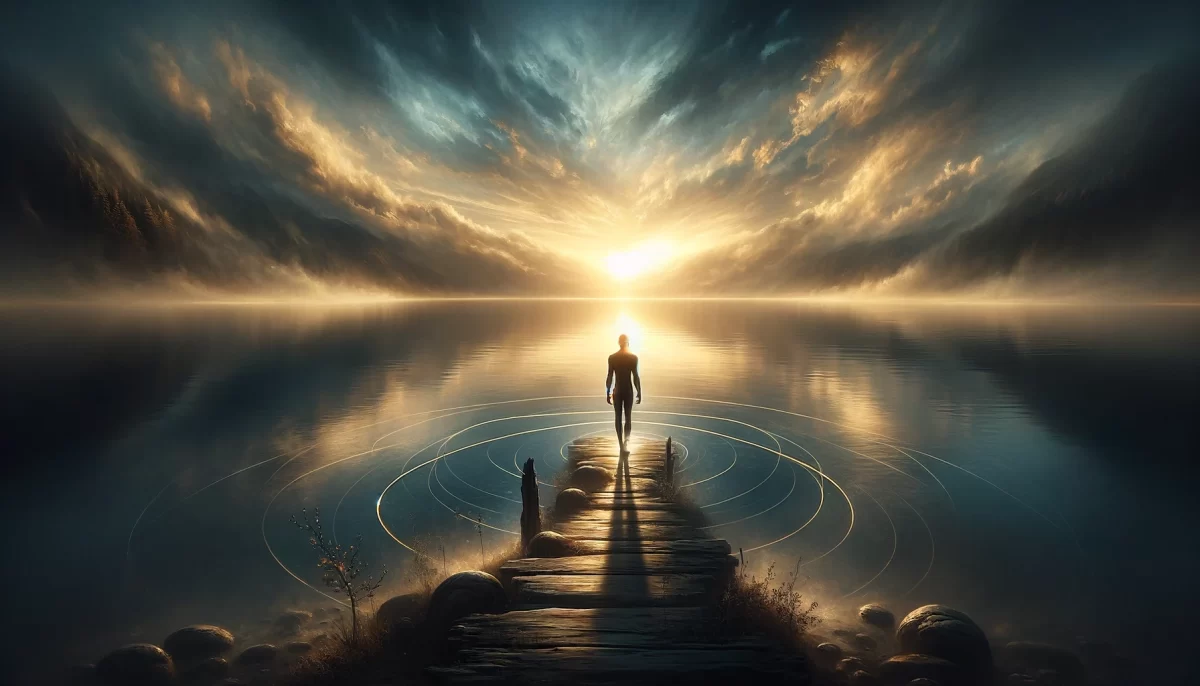
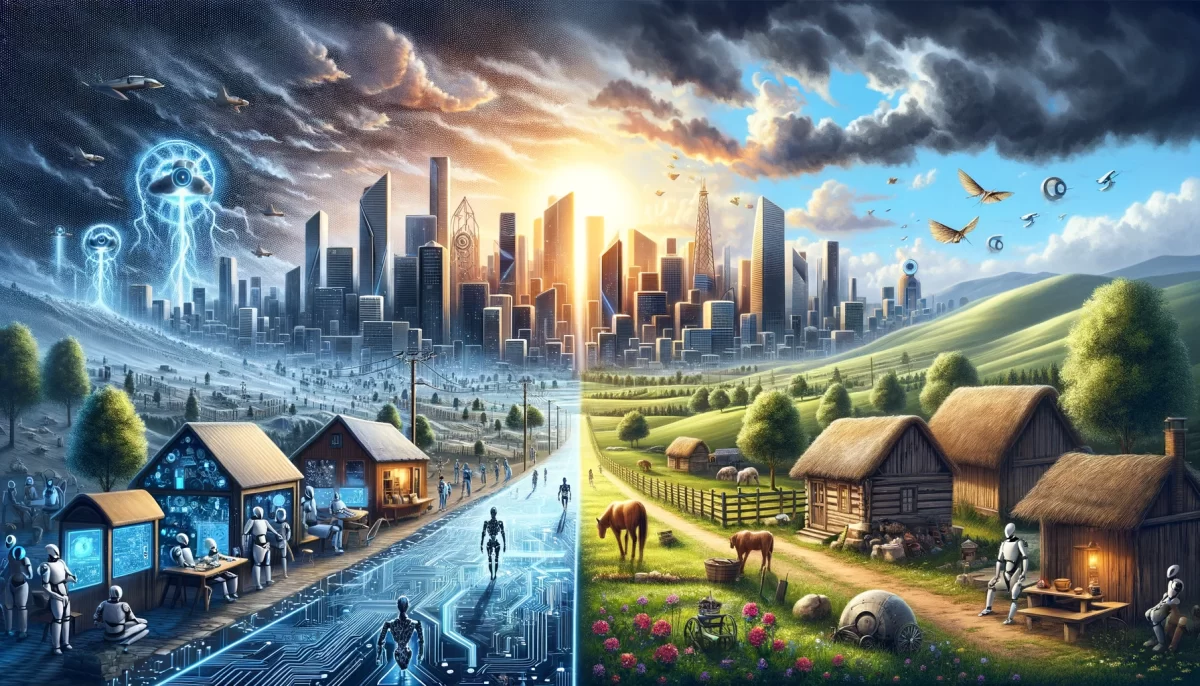
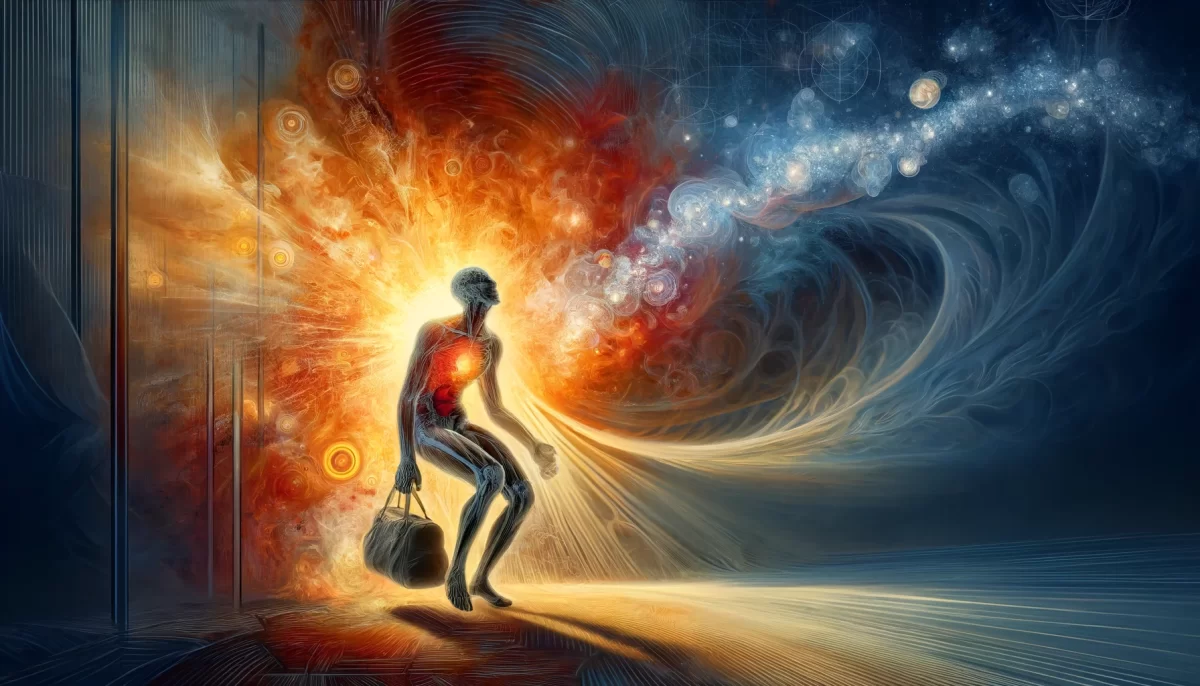
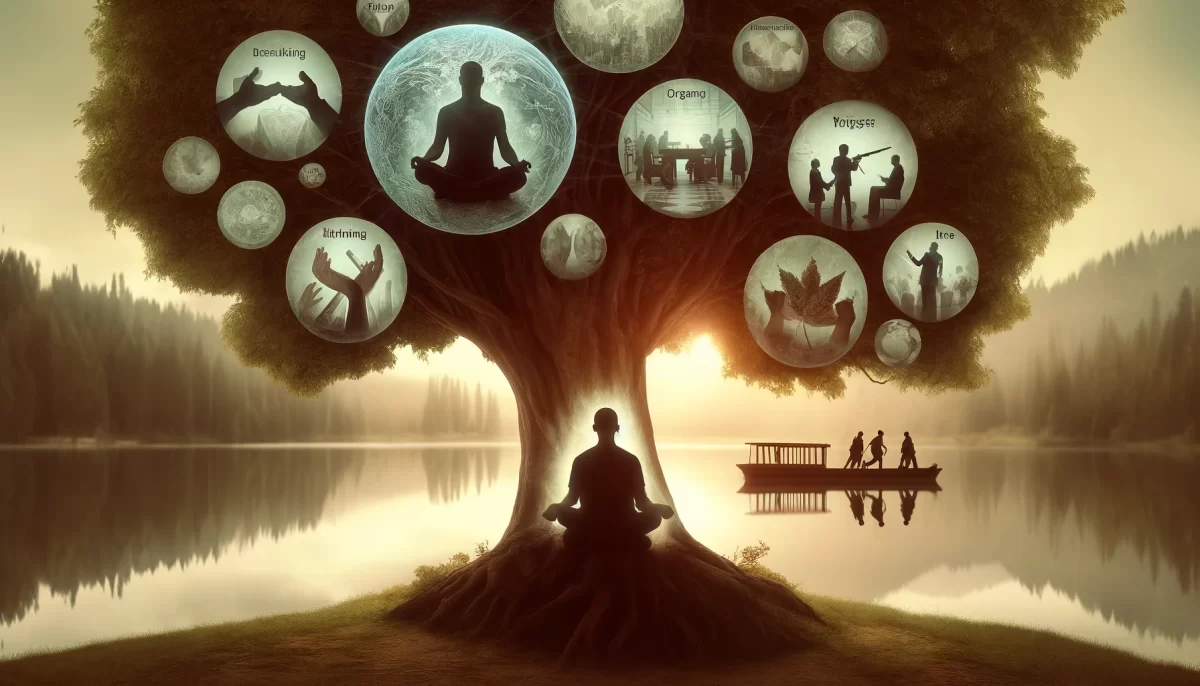
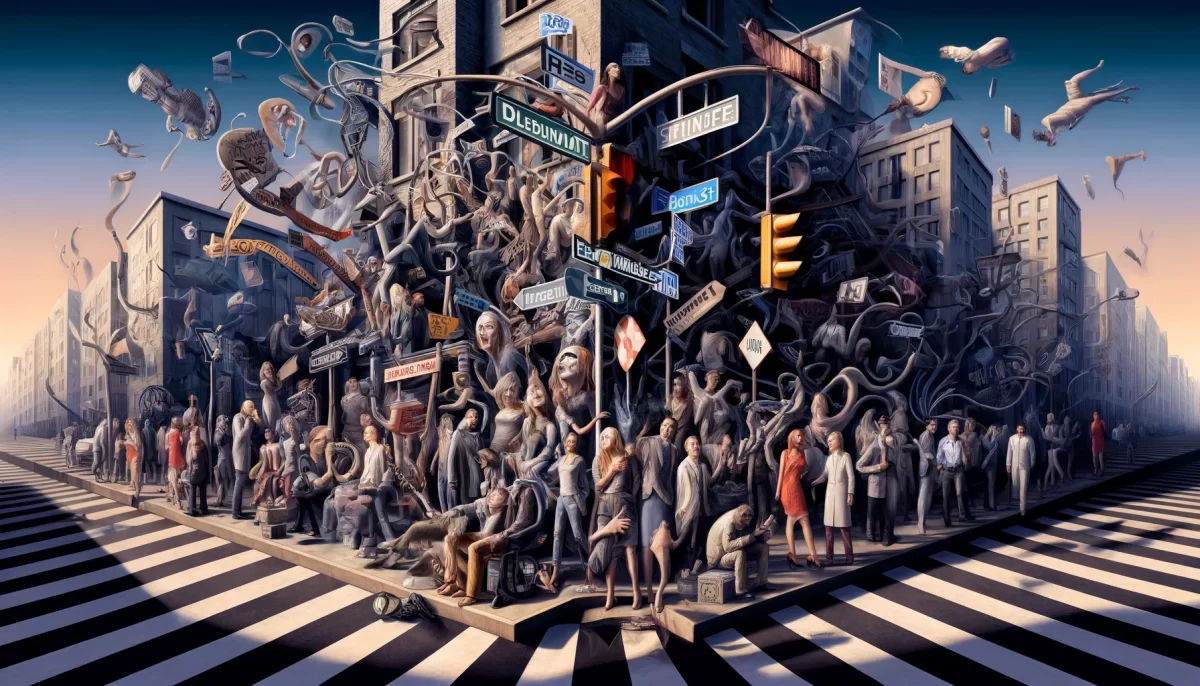

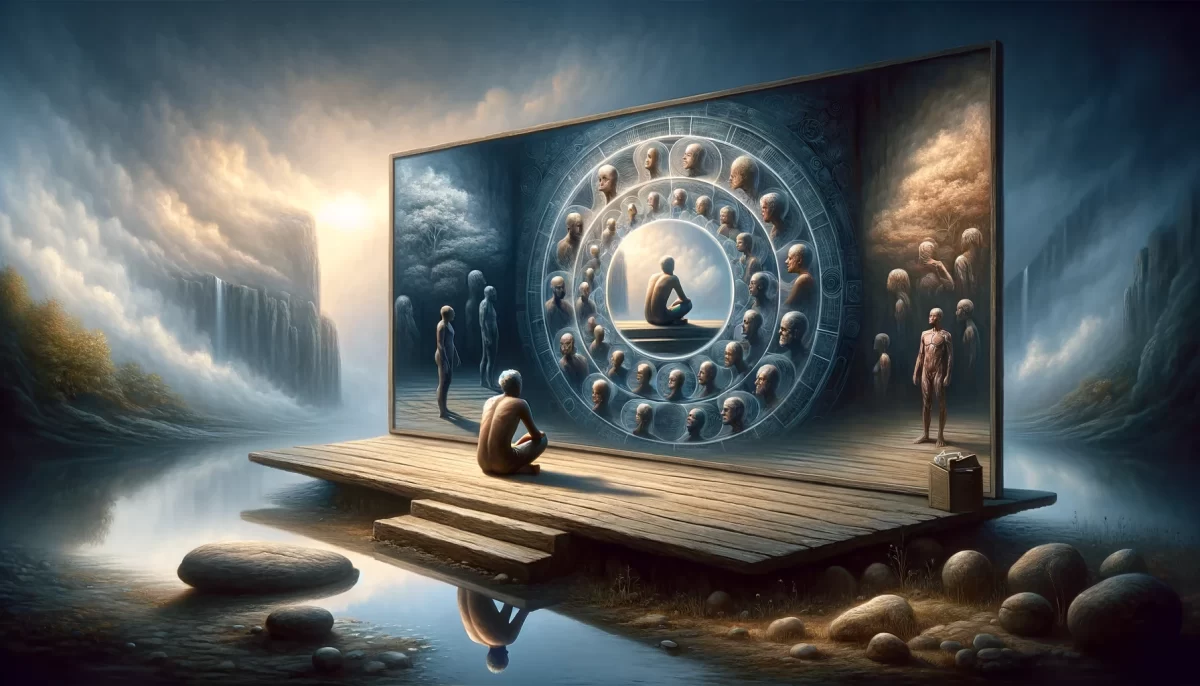

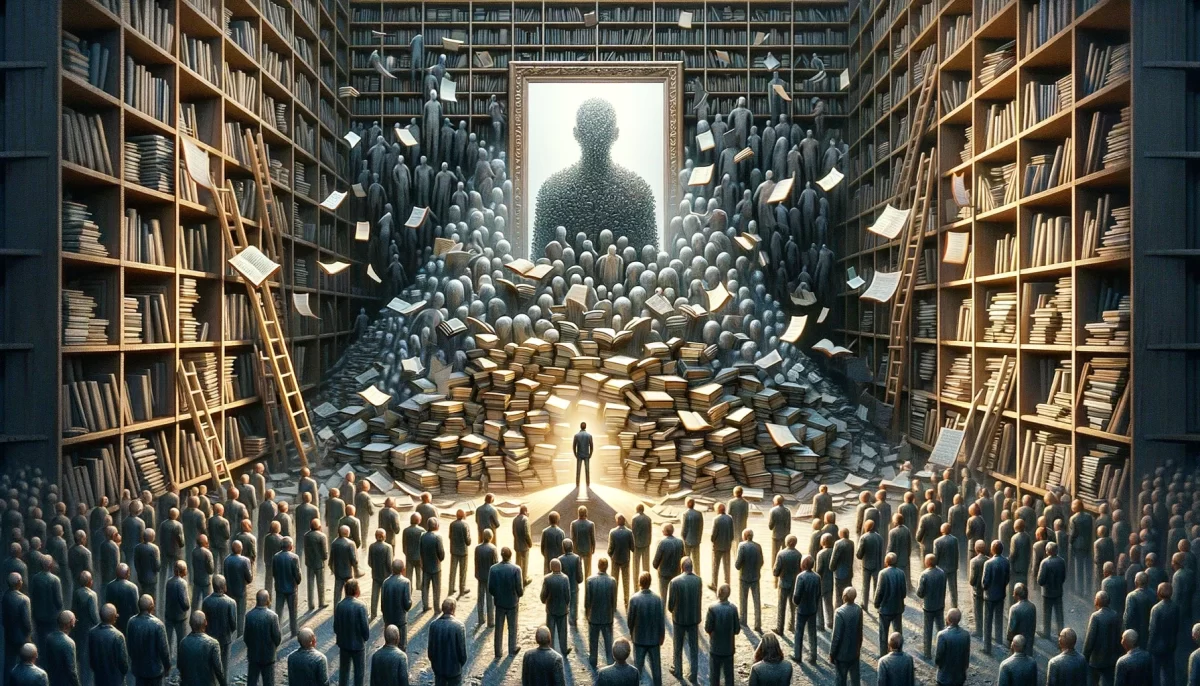
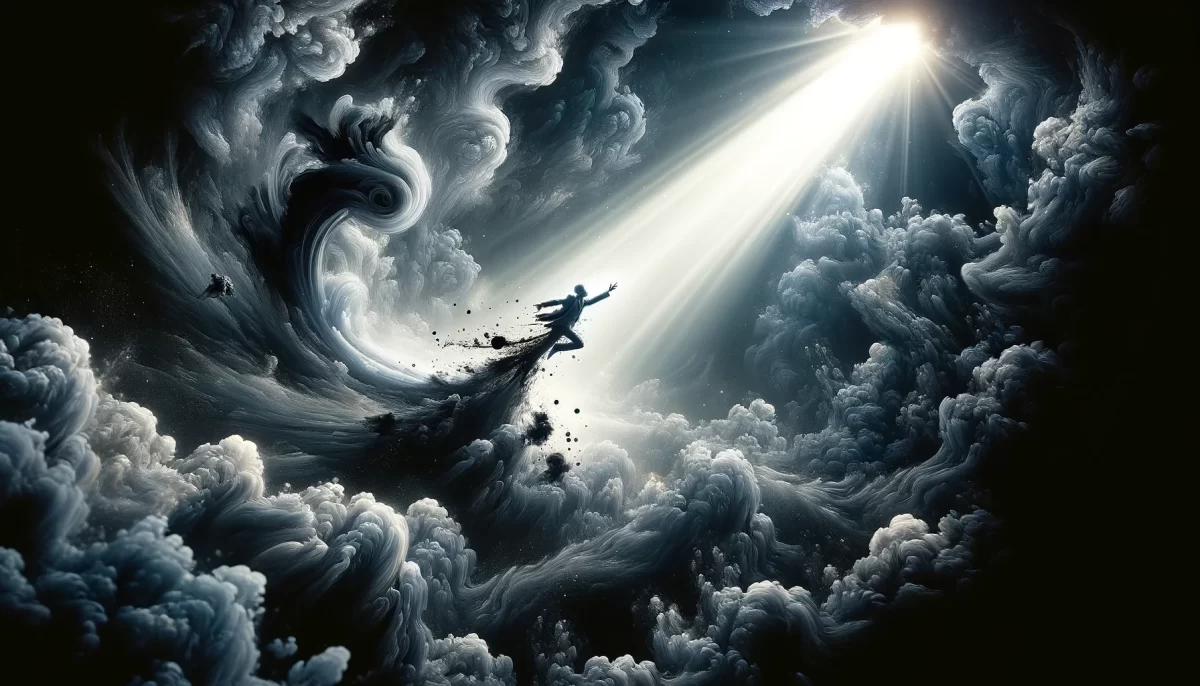

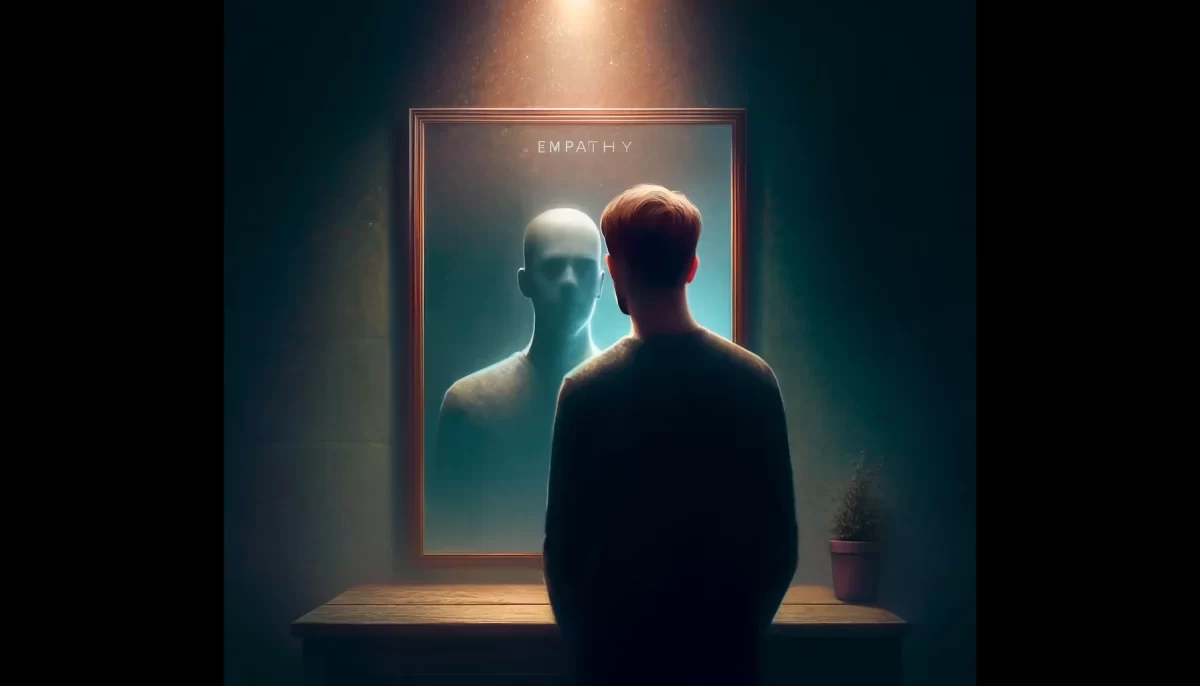
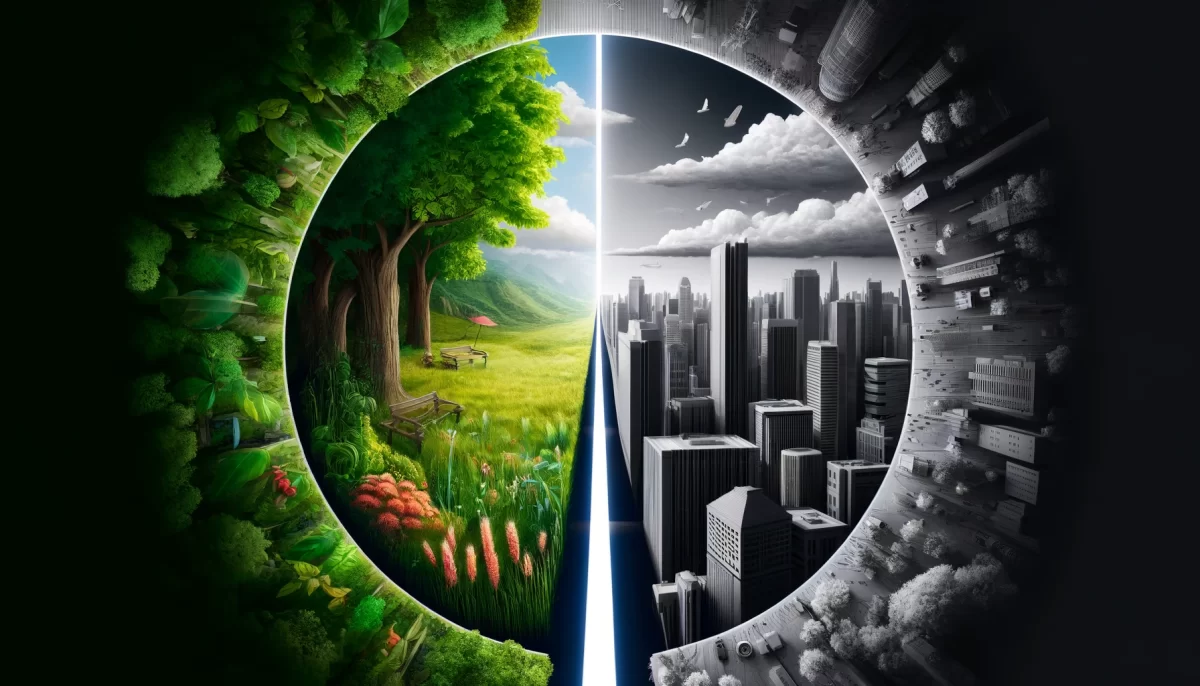
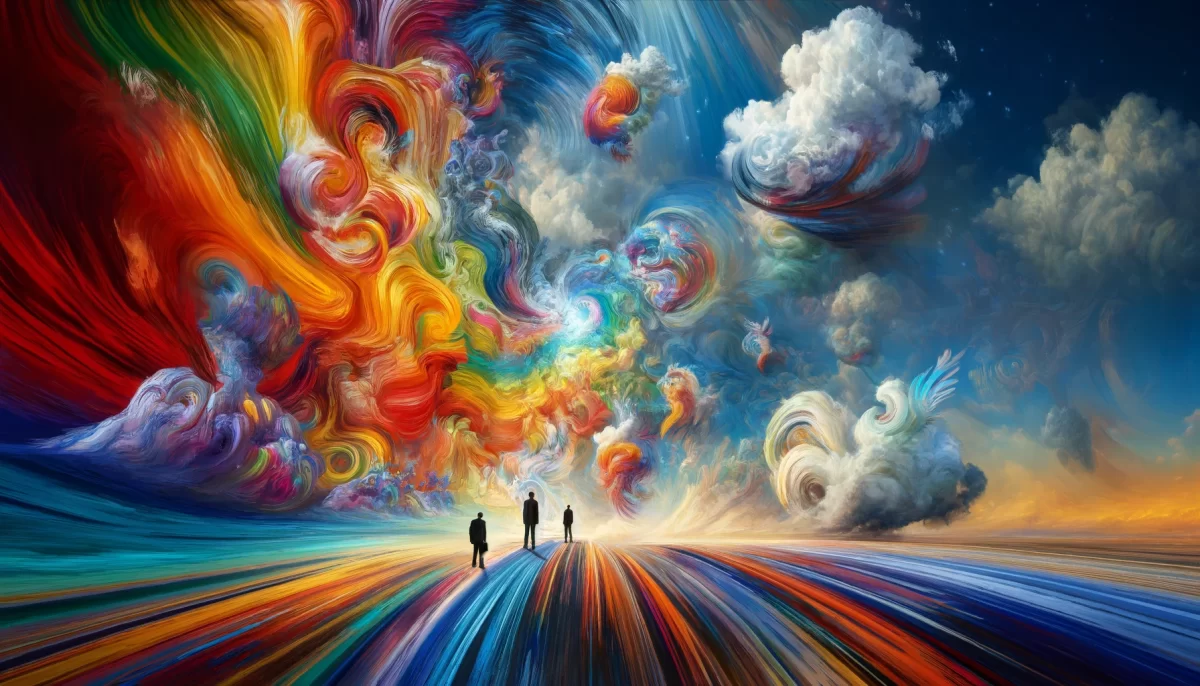
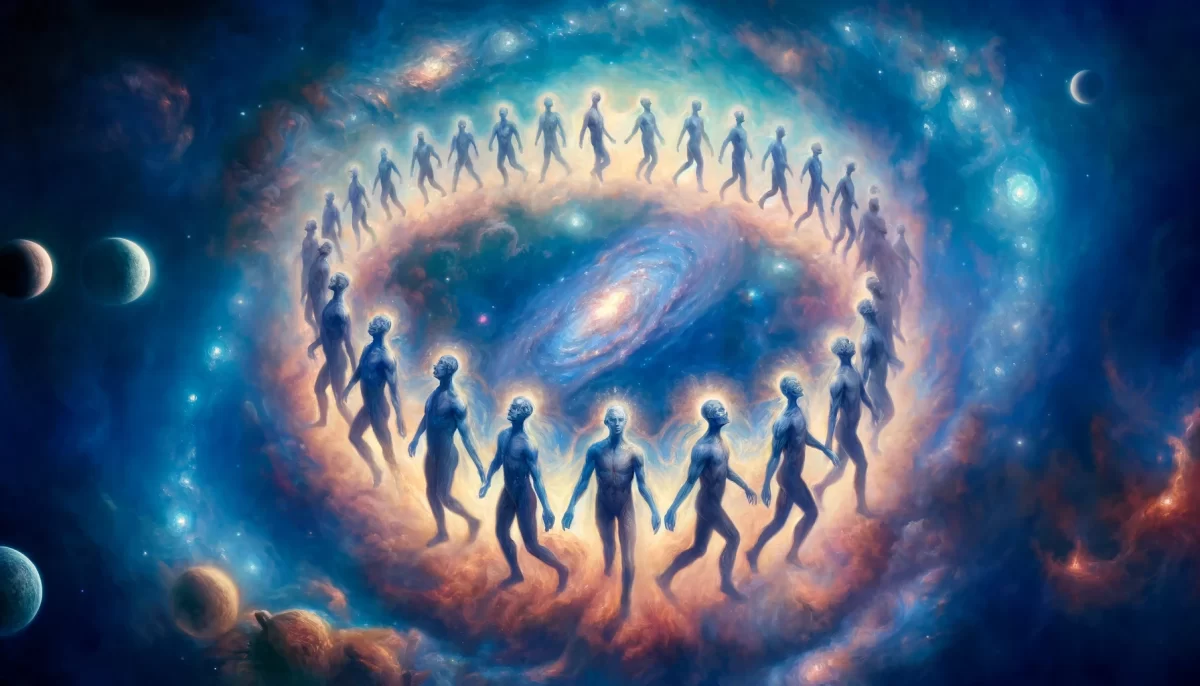
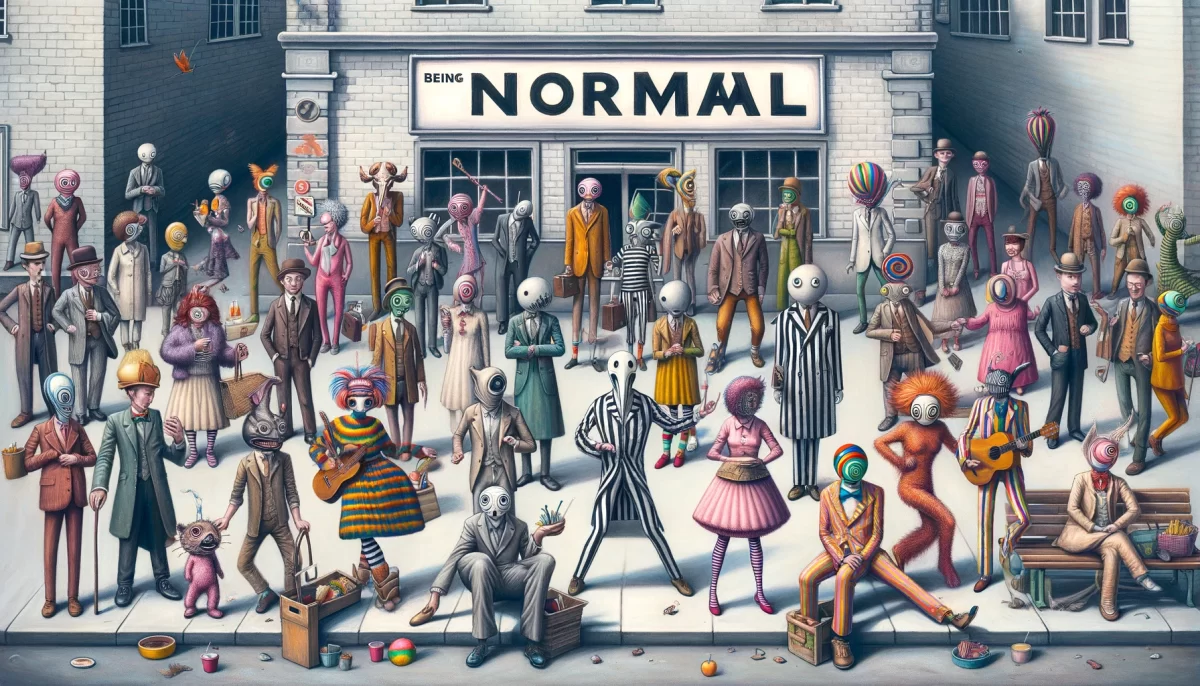
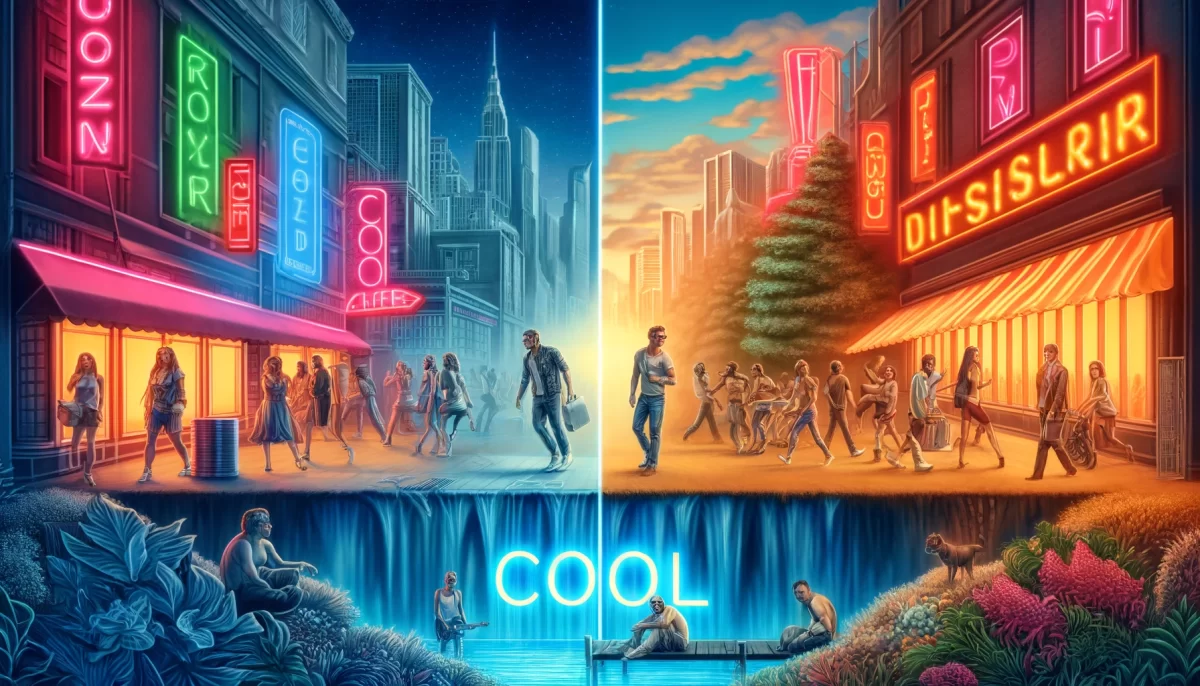
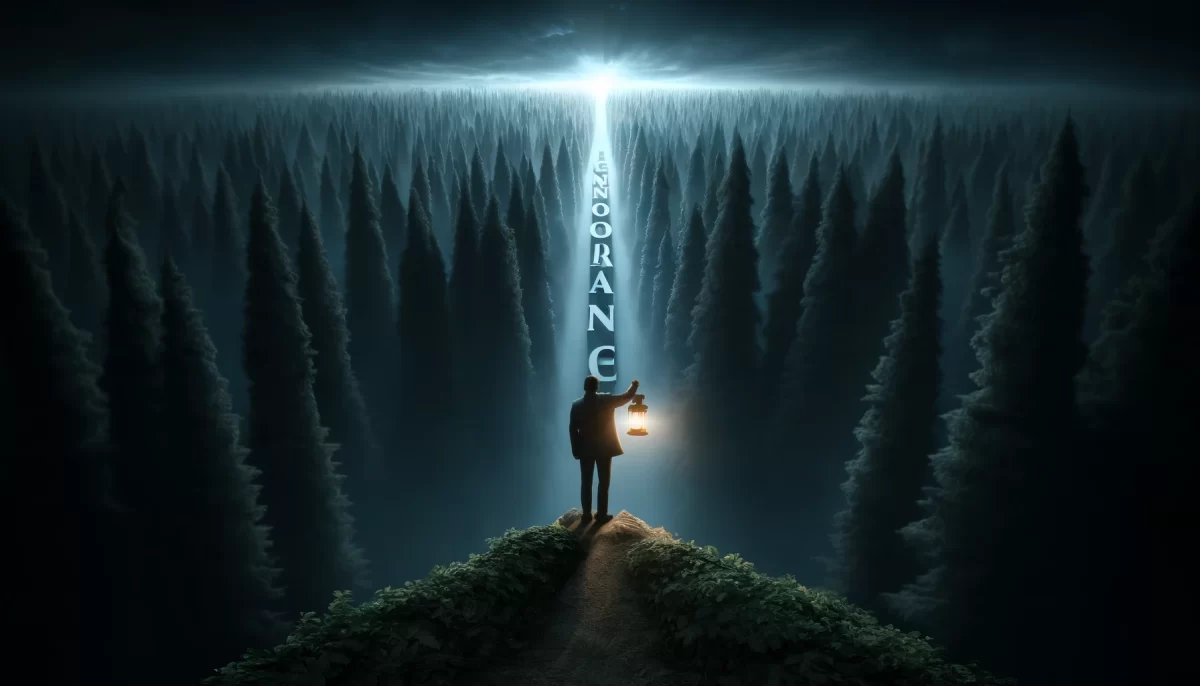
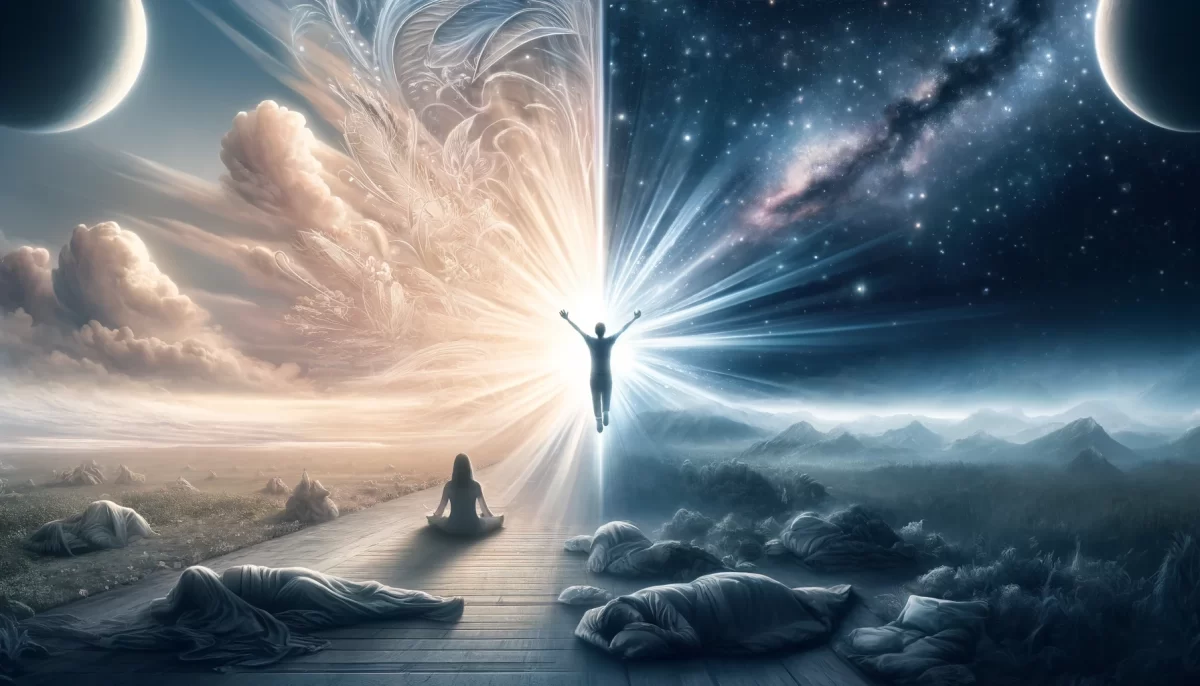
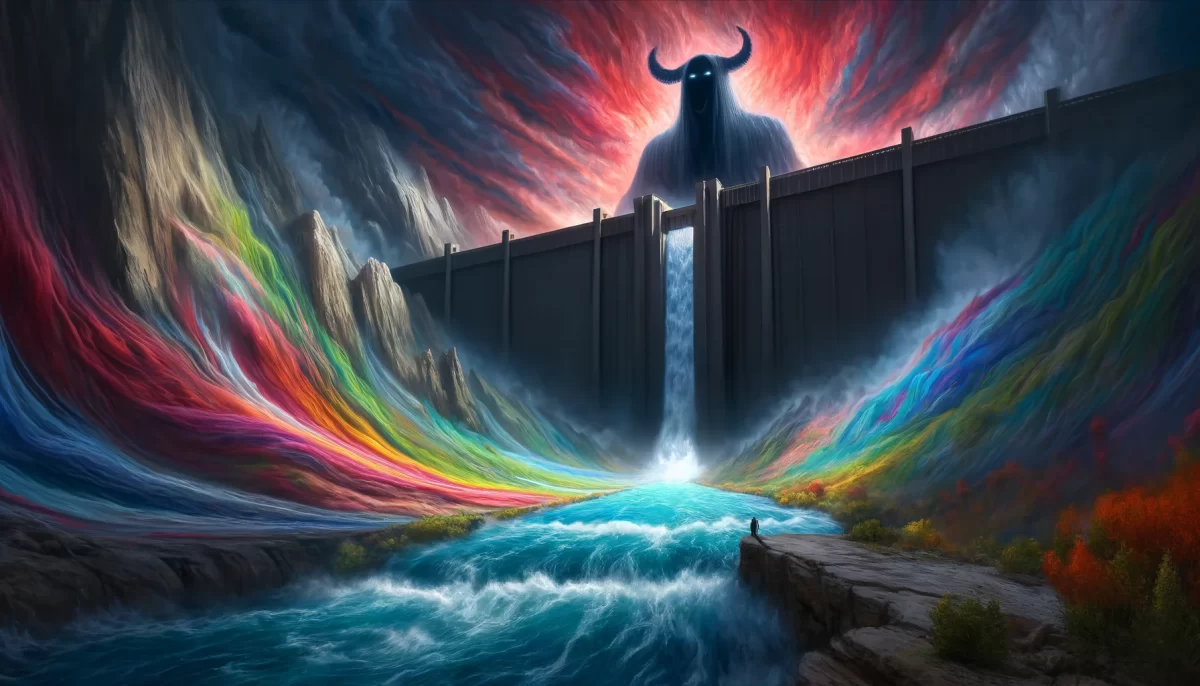
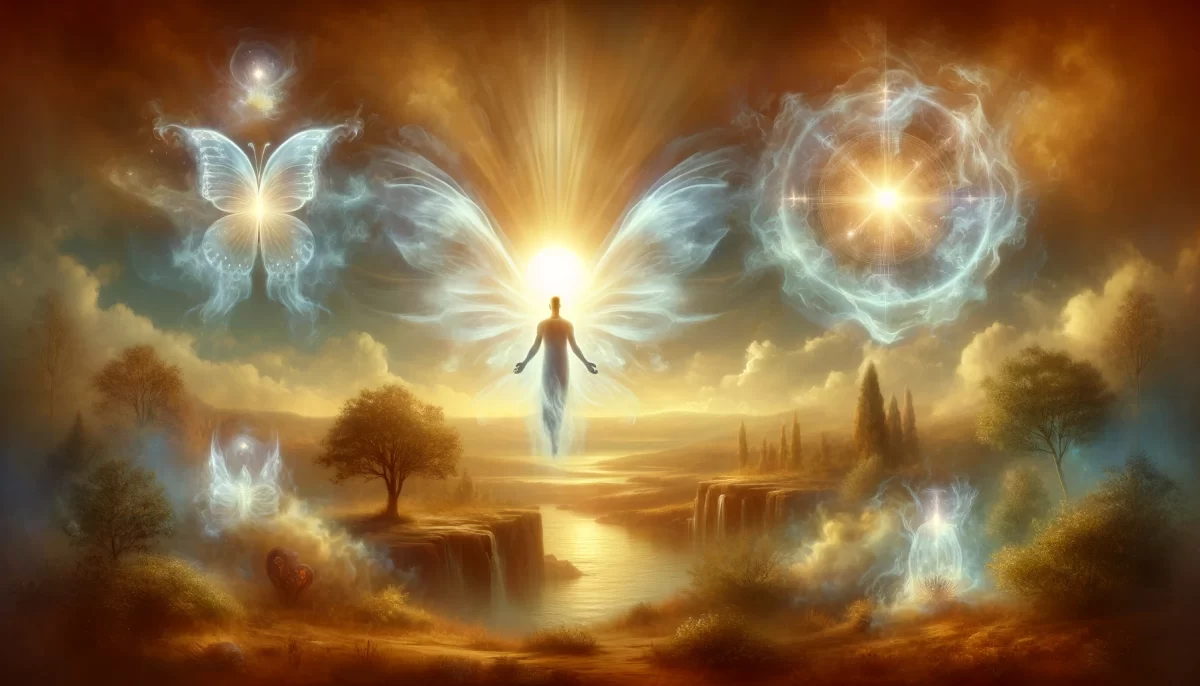
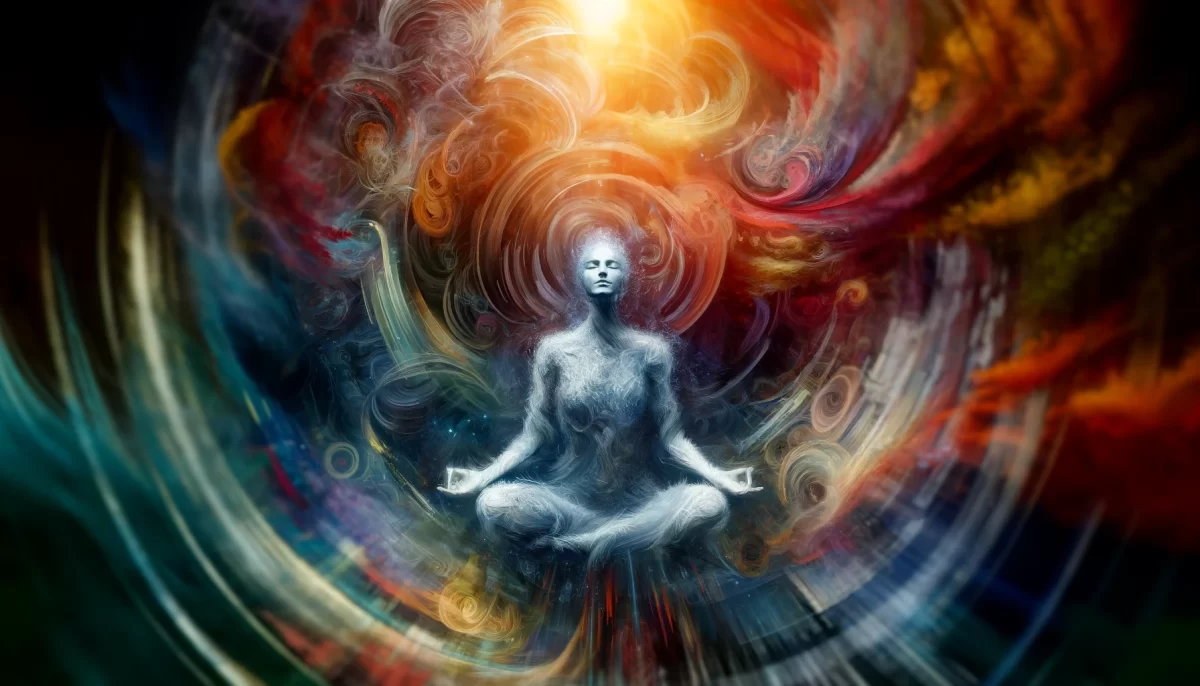
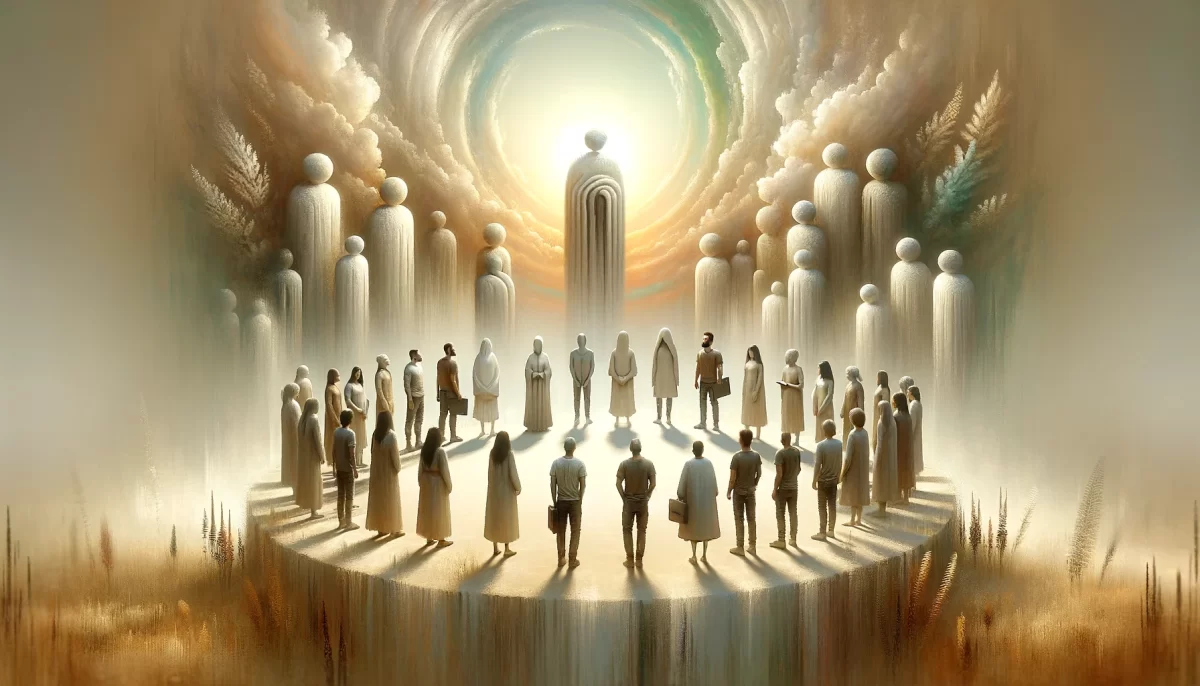
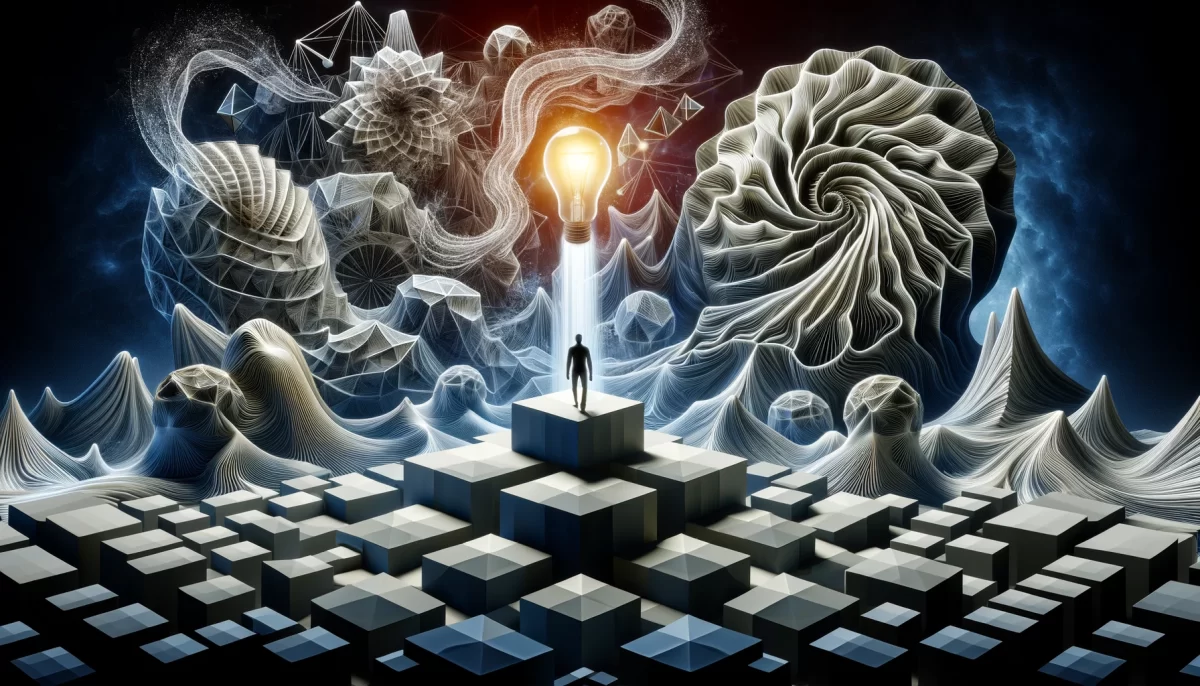
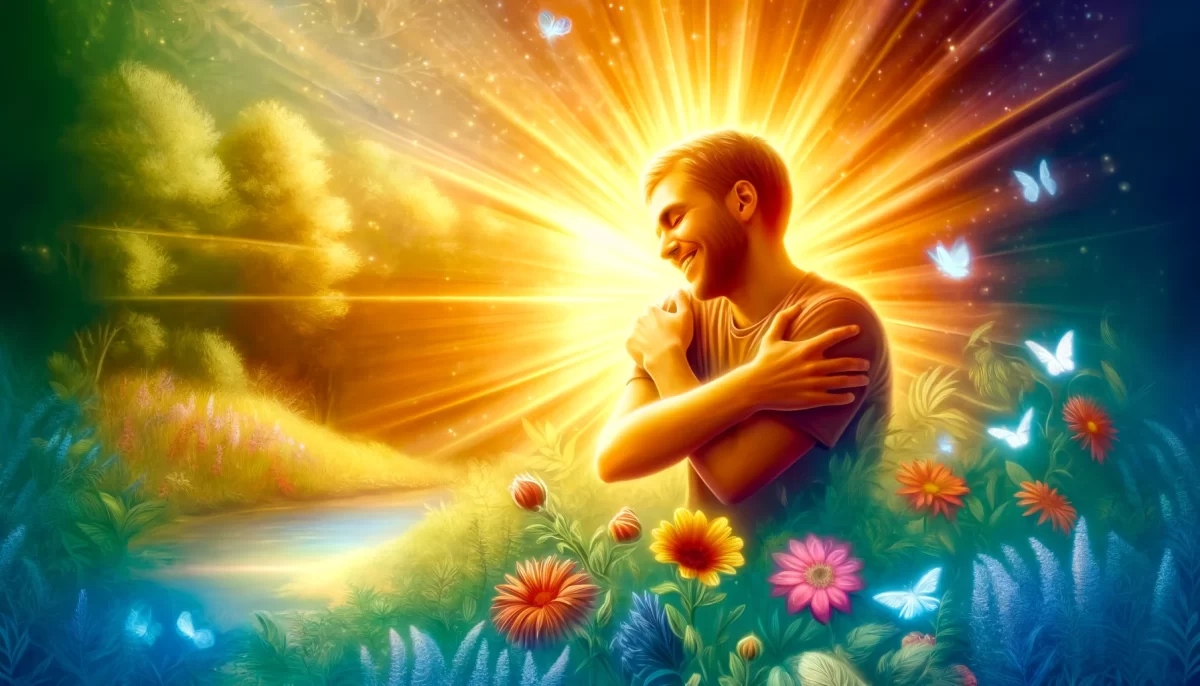
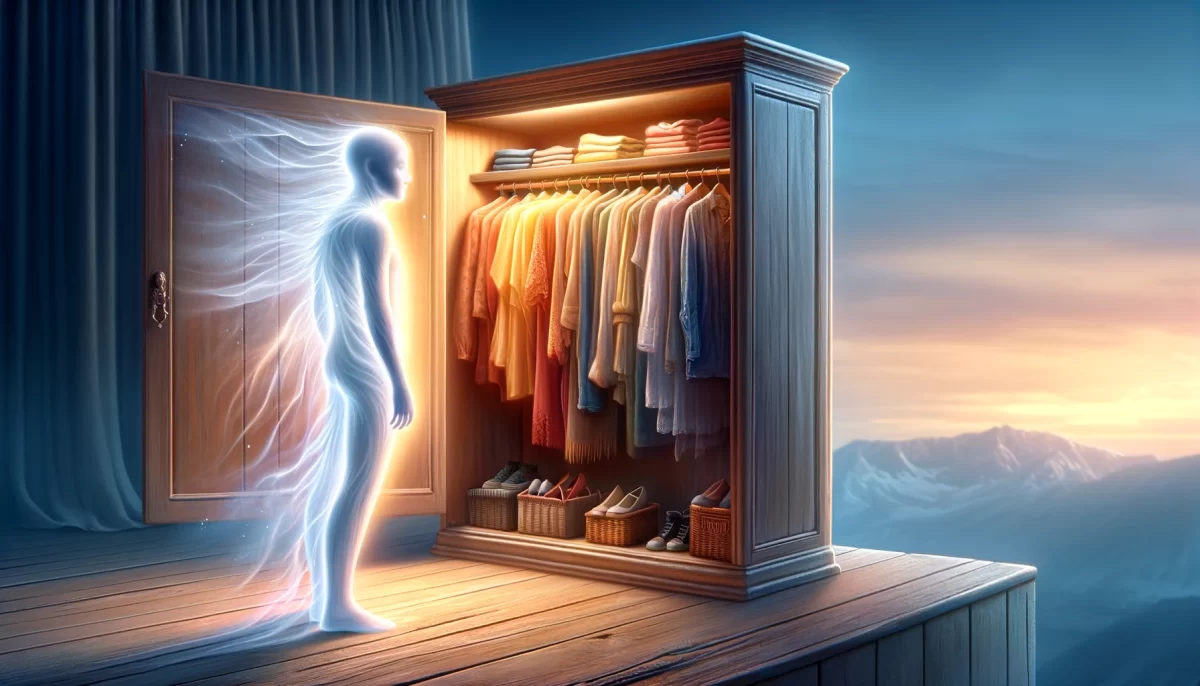
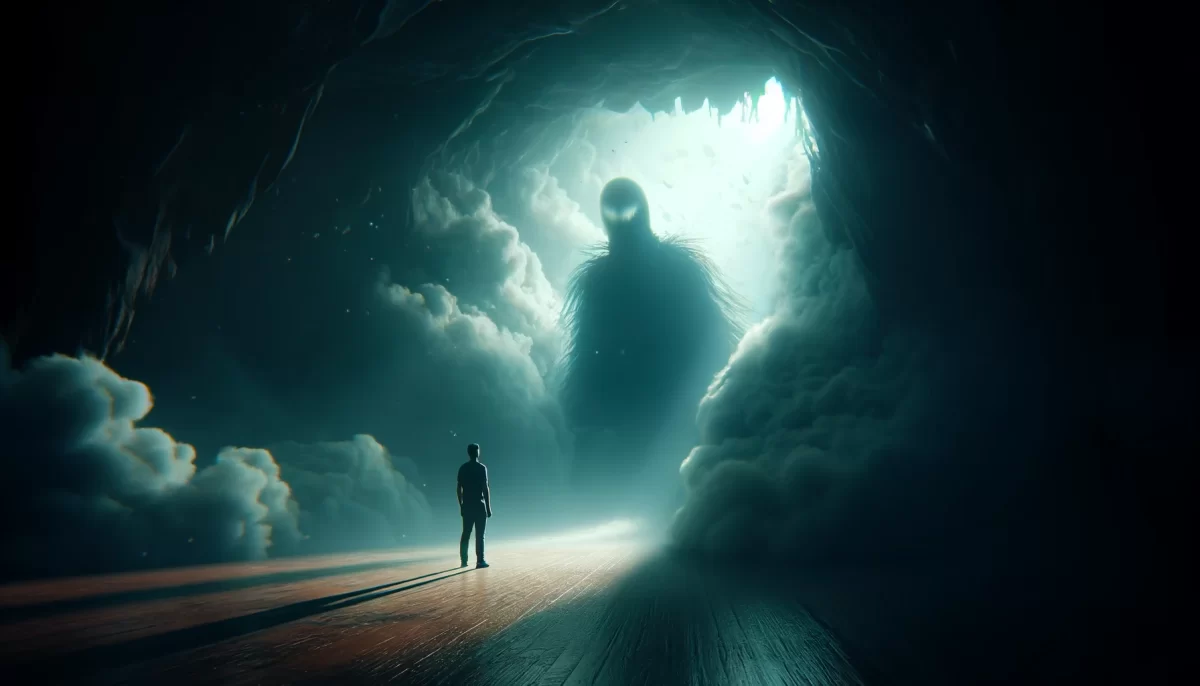
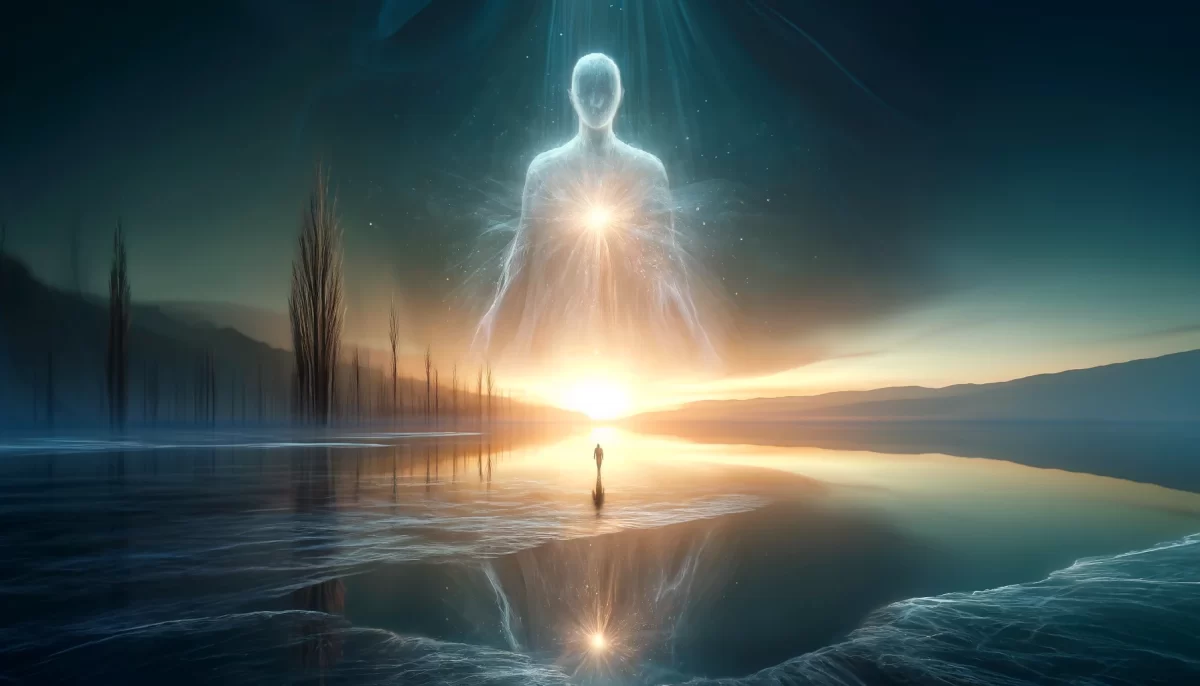
Leave a Reply